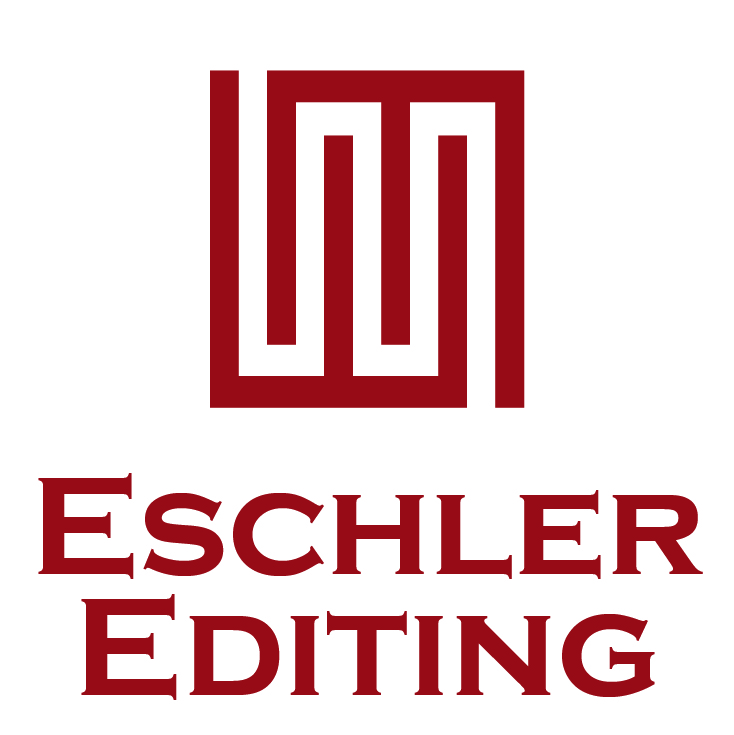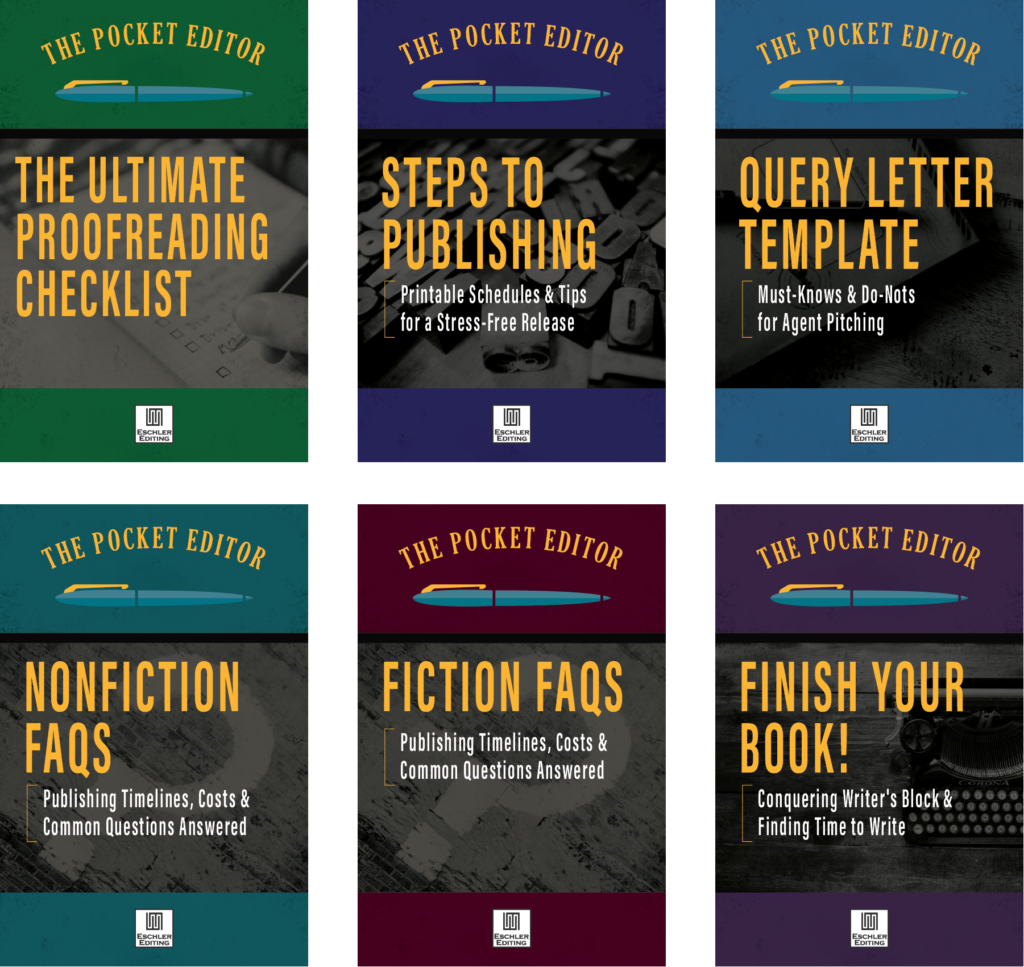The (Un)Predictable Future of Writing
by Rachel Payne and Rebecca Youngs
Will AI revolutionize your writing world . . . or get you in big trouble?
Artificial intelligence has found its way into the publishing industry. It can give you content suggestions or even write your content, as well as offer grammar, tone, and other editorial suggestions. It can even design your book cover, generate a backliner, or write copy for your site. AI is a unique (and pretty impressive) tool that makes it possible for machines to perform human-like tasks. AI has been around since the ’50s, but lately, it’s been attracting followers who either love it or hate it. AI is changing the writing and publishing landscape, potentially for better . . . or worse.
What can go wrong with using AI in generating creative work? Well, for one, you may not be able to copyright work you used AI to generate. (It depends on how you used AI and what you’ll have to report to KDP/publishers.) In addition, you may get sued for using material to which someone else owns the copyright—whether that’s images or text. And someone can use AI to take your work or muddy your brand. Lastly, human jobs—including those of writers—may be lost or affected in negative ways. Bothered yet?
Let’s look at a quick list of AI pros and cons:
PROS
AI can be used in many ways and is constantly adapting to meet the needs of users. With its many capabilities, it’s no wonder AI is becoming more popular with writers and editors at any point in the writing or editing stage.
Faster Writing Process
Given the right commands, AI can write stories and come up with plot lines and outlines in seconds. Many authors find the ideas AI comes up with intriguing and use them as inspiration. The same applies to nonfiction or marketing content. (For faster writing or help with it, try the 9 tips in this Forbes article for effective AI prompts.)
Facilitated Research
Many authors use AI to help them streamline the research process; it gathers and synthesizes content for easy comprehension and use.
Edit Their Work
AI-powered editing tools like Grammarly have been around for a while (since 2009). These tools find grammar, spelling, and punctuation errors in your writing by comparing your text to databases so they can offer word-choice, tone, and grammar edits (AIContentfy team). This can save editing time (though the suggestions aren’t always correct) and prevent embarrassing mistakes.
These benefits are just the beginning. As technology improves and AI evolves, its capabilities will expand to become better and better at helping people with writing and editing (see the article from AIContentfy).
CONS
However, with the good comes the bad: AI has some BIG downfalls. Writers (and editors) should be aware of certain things when using AI:
Potential Plagiarism
AI causes issues with determining the owners of ideas. Plagiarism is a hot topic in the publishing world! AI can be helpful in generating ideas and outlines; however, when used inappropriately, it can be hard to determine the origin of the work. AI is powerful enough to answer writing prompts with minimal user input, doing so by taking from previous user-generated content. Using AI could get you into trouble for using content that shouldn’t be used—or someone else can use your content! (See the article by Helyer on copyright rules.)
Bad Research
Because AI gathers from current online sources, it could use inaccurate information to answer questions and requests–an unfortunate result of free use of the world wide web.
No Experience
Human experience is absent in AI. Creators of art, literature, and music are greatly inspired by their experiences, struggles, and successes.
While AI can draw upon the current bank of recorded human experiences, it has none of its own with which to create and innovate. Unlike AI, humans can self-reflect and draw upon all emotions, recognizing the beauties and flaws of our existence (Jagger). In fact, experience and imagination (two things AI does not have) are key ingredients in impactful creation (Helmreich).
No Imagination
AI will always lack imagination and can evolve negatively. Currently, AI can only summarize and synthesize (see Forbes’ ChatGPT article by Cook).
AI cannot start from scratch—it relies on what has been. In the future, as AI begins to draw upon AI-generated content, it will become more and more removed from the human experience (Helmreich).
Even with the powerful state of AI in today’s world, it still has untapped capabilities we can’t imagine. While this is exciting, it also has a drawback: we can’t trust AI to do everything perfectly. In the next few years, AI will continue to grow, chasing its potential to operate with little to no human correction. Until that day (which may require an entirely different discussion of pros and cons!), AI requires human editing and refinement.
So, how will AI affect your writing and content creation? Will it help you generate ideas? Will you use it to create outlines and summaries? Or do you think using it will negatively impact the creative process? Any pros and cons we didn’t mention above?
Click the links below to read more about the pros and cons of artificial intelligence, and leave us a comment below with your thoughts!
Sources
Writer’s Digest “Do Not Go Gentle: Why We Must Not Cede Writing to the Machines” (Helmreich, 2023)
Forbes “Seven Ways AI Will Impact Authors and the Publishing Industry” (Gregory, 2023)
Writer’s Digest “Will AI Steal My Job: A Writer’s Exploration” (Jagger, 2023)
AIContentfy “Revolutionizing Your Writing Process with AI Tools” (2023)
Forbes “6 Giveaway Signs of ChatGPT-Generated Content” (Cook, 2023)
MUO “What Are the Copyright Rules Around AI Art?” (Helyer, 2023)
Wired “Google NotebookLM Aims to Be the Ultimate Writing Assistant” (Levy, 2023)
Forbes “ChatGPT: The 9 Crucial Components Of An Effective Prompt” (Cook, 2023)







0 Comments